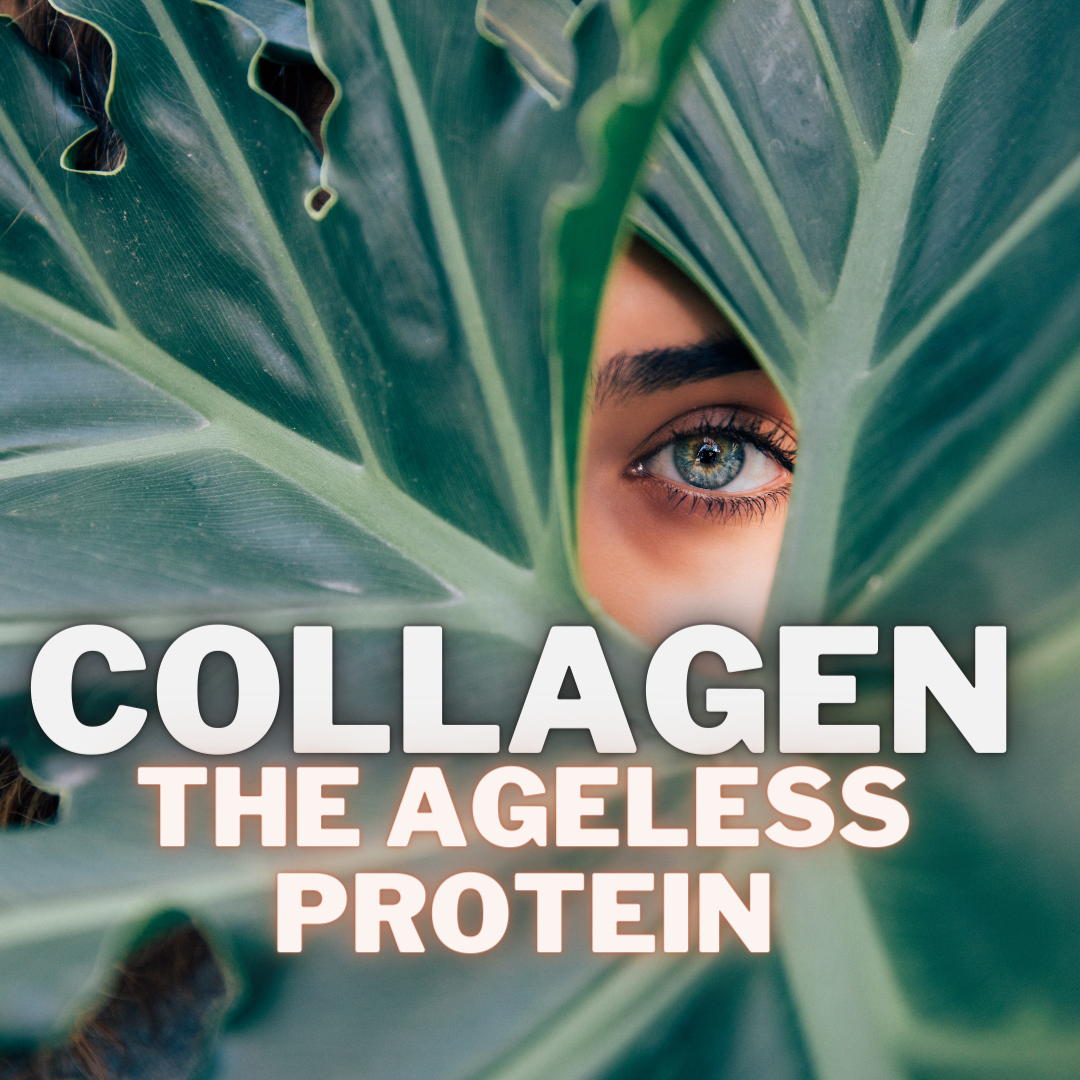Collagen is the most abundant type of protein in the body accounting for about 30% of total protein mass. It supports various tissues in the body such as muscle, ligaments, tendons, skin, cartilage, and the gut. It is often referred to as the "glue" that holds everything together collagen is continuously manufactured by the body.
Collagen is often found in supplements as the hydrolyzed or peptide form. This process breaks down the collagen into smaller amino acid chains and makes them more bioavailable. The most common collagen proteins are types I, II, and III. Type I is found in ligaments, tendons, skin, bones, and eyes. Type II is mostly found within cartilage. Type III is found in skin, internal organs, and muscle.
Over time as we age the amount of collagen we produce internally declines greatly. Later in life our internal collagen synthesis could be reduced by 75% compared to our younger selves. Supplementing with collagen has been shown to reduce visible signs of aging by supporting skin elasticity, skin hydration, skin roughness, and wrinkles.
Similarly in joints, consumption of collagen has been shown to support connective tissue. Some studies have indicated that hydrolyzed collagen could be supporting the connective tissue building process, aiding tissue growth and repair. A study looking at athletic activity related joint pain showed that hydrolyzed collagen supplementation reduced knee pain after continuous consumption.
Excessive exposure to sunlight or harsh environmental conditions can damage collagen. A diet high in refined foods and smoking can also damage and reduce collagen production.
Overall supplemental collagen consumption can be a simple way to combat the physical aging process by supporting internal and external health.
-Fuel your path
These statements have not been evaluated by the Food and Drug Administration and are not intended to diagnose, treat, cure, or prevent any disease.

